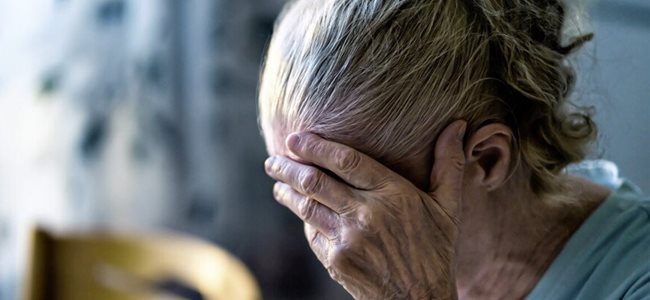About
The aim of this study is to gain a better understanding of the concept of cognitive frailty and its risk factors associated as perceived by the general public and healthcare professionals in the UK. The study is funded by UKRI under the Cognitive Frailty Network and hosted by BSMS in collaboration with investigators from Lancaster University and Heriot-Watt University. The study received ethical approval from Brighton and Sussex Medical School, reference number ER/MP667/1.
We want to gain a better understanding of how cognitive frailty is perceived as a concept by the general public as well as healthcare professionals and what constitutes risk factors for cognitive frailty.
What we do know
- Cognitive frailty is the presence of physical frailty and mild cognitive impairment with the absence of dementia or Alzheimer’s disease.
- Cognitive frailty is more common with an increase in age.
- Cognitive frailty is a risk factor for neurodegenerative conditions such as dementia.
What we don’t know
- How does the general public understand the concept of cognitive frailty?
- Is cognitive frailty distinct from physical frailty?
- Is cognitive frailty distinct from mild cognitive impairment?
- What are the main risk factors associated with cognitive frailty?
- How do healthcare professionals perceive the term ‘cognitive frailty’ and its potential risk factors?
- What can we learn from this public assessment of cognitive frailty and its risk factors?
What we will do in this study
To investigate the above questions, we are conducting a quantitative survey and qualitative interviews with the general public, as well as healthcare professionals.
